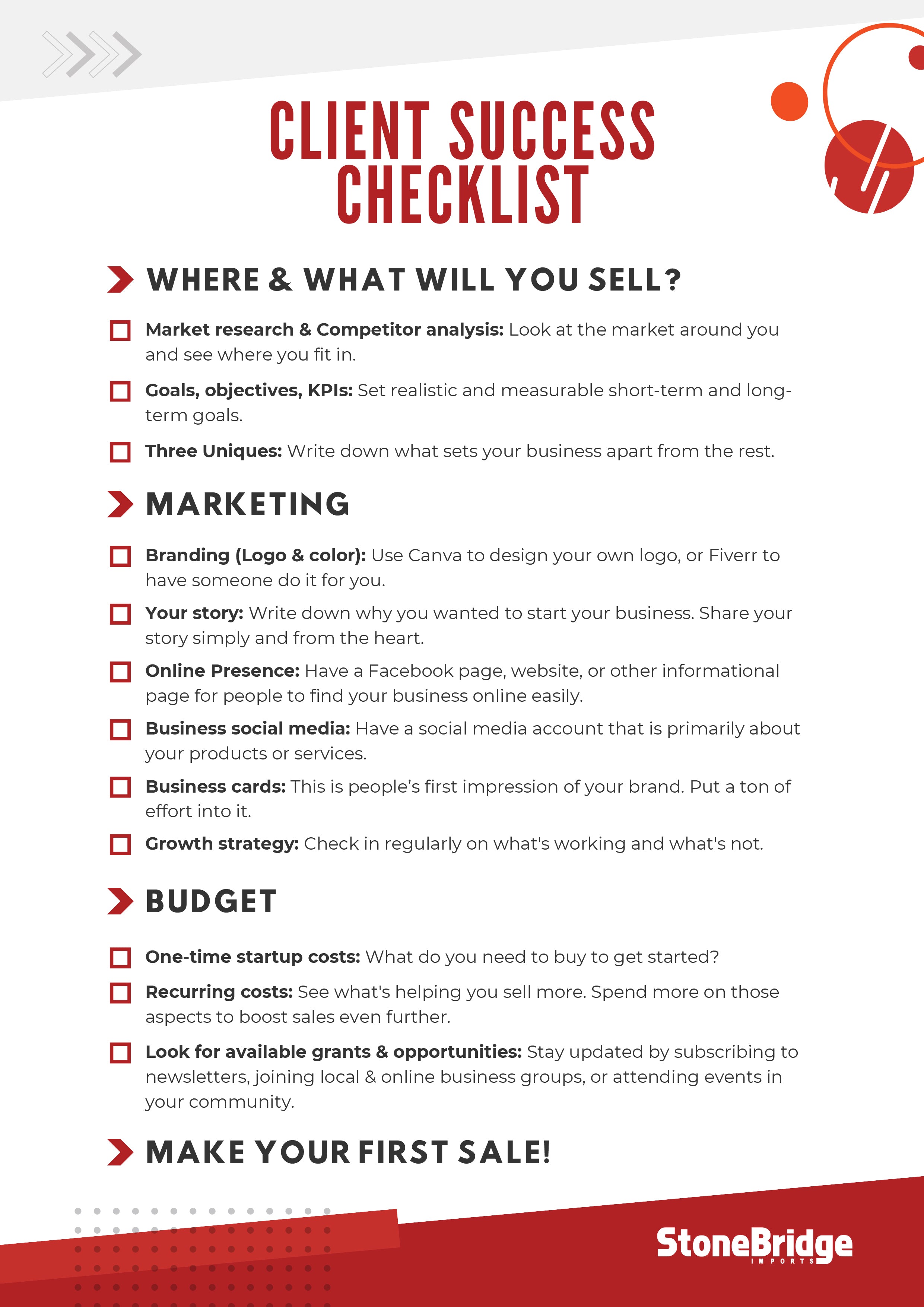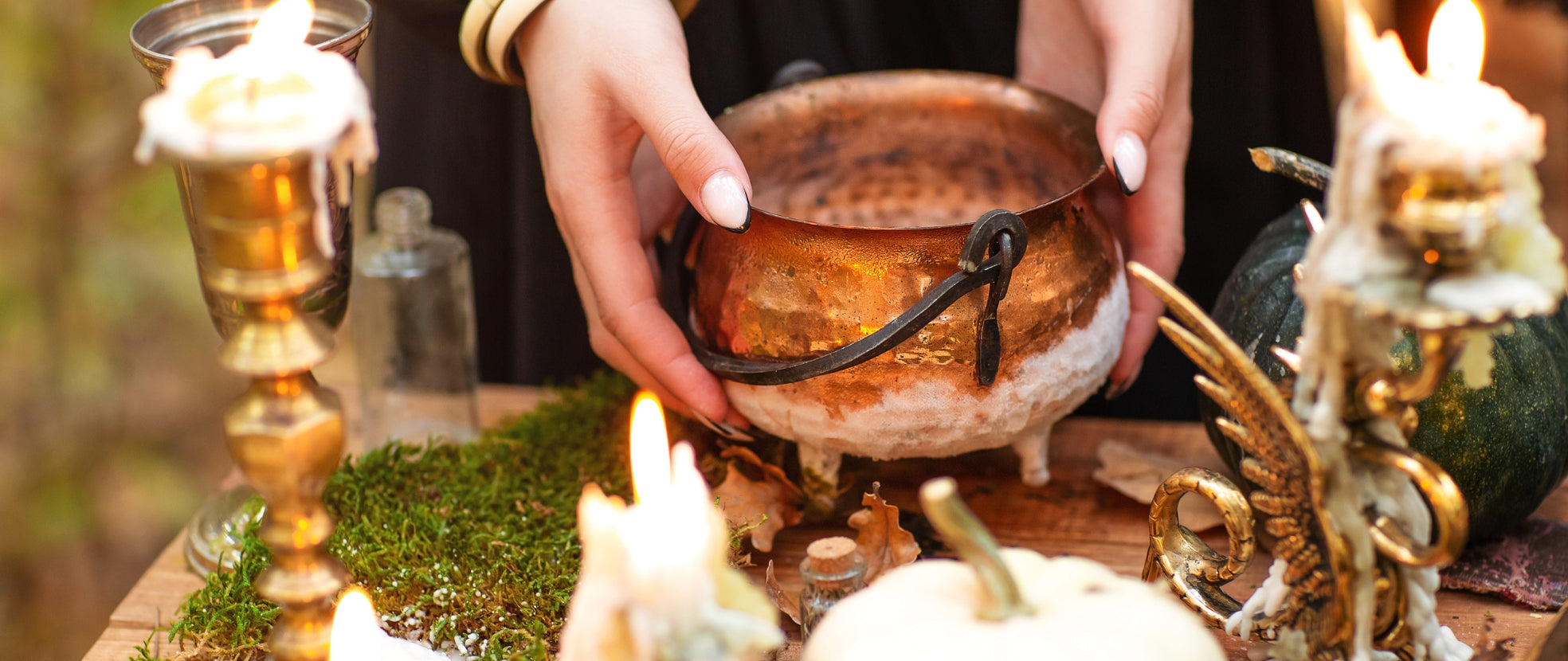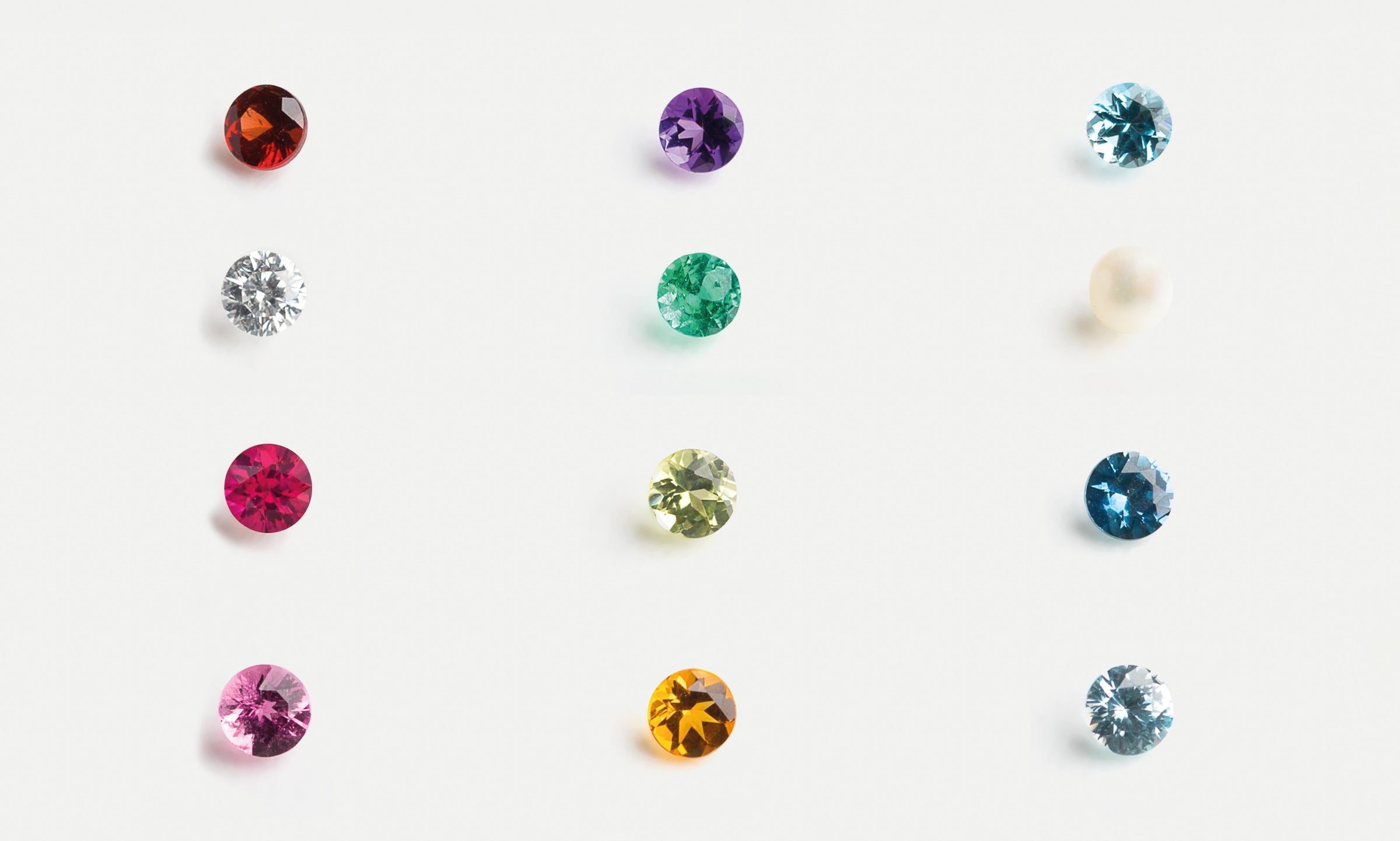Reiki is a healing practice that has been around for over 2,500 years. It operates on the principle that an invisible life force controls our mental, physical, and emotional health.
When this powerful energy flows freely throughout our bodies, we achieve peak wellness. But when blocked, we may experience illnesses and function at a suboptimal level.
Learn more about reiki and how it is incorporated into crystal healing practice in this post.
What Is Reiki?
The term Reiki comes from the Japanese words rei (universal) and ki (life energy). Combined, reiki means mysterious atmosphere, miraculous sign. Reiki practitioners believe that enhancing energy flow around the body stimulates healing and relaxation, relieves pain, and minimizes symptoms of illnesses.
How did this practice come about?
People have been practicing Reiki for thousands of years. But the most recent form of Reiki, the Usui Reiki Ryoho, was developed in the 1920s by Mikao Usui. Usui, a spiritual aspirant and a married lay monk, conceived his practice at a time where Buddhist, Shinto, and Taoist practices were the prevailing themes in Japanese spirituality.
Usui travelled extensively across Japan in the last 4 years of his life. During this time, he taught Reiki to 2,000 students and trained 16 individuals as Reiki masters. One of these master students was Chujiro Hayashi who would be responsible for bringing the Reiki practice to other parts of Japan. Hayashi's student, Hawayo Takata, later brought the practice to Hawaii and the US mainland in 1937.
Reiki is also known as palm healing and hands-on healing because it's a gentle touch therapy where the practitioner places their hands on various locations on the patient's body to stimulate healing and relaxation. The techniques involved are beaming, centering, clearing, extracting harmful energies, infusing, and smoothing and raking the aura.
While the Reiki is a centuries-old practice, there's little evidence that suggests it provides any medical benefit. But people experiencing the above health concerns may consider trying Reiki alongside their doctor-prescribed treatments to help them relax.
How Does Reiki Work?
So how does this gentle touch therapy work to enhance your well-being?
There are many theories that try to explain the healing effect of Reiki. One of them is that the practice creates an interaction between the energy field of the practitioner and the energy field of the recipient, which then elicits healing effects. This is according to a 2014 literature review on the effect of Reiki on pain and anxiety in adults published in the journal Pain Management Nursing. .
Additionally, Reiki shifts the body's fight-or-flight response to a more restful state during and right after the session. Being in a fight-or-flight mode pumps up your body's stress hormones which, when constantly experienced, can be damaging to the body.
Pamela Miles, a Reiki master and researcher in New York, says that Reiki counters this effect by alleviating stress so your body can better heal itself.
What Is Reiki Most Used For?
Reiki is used to manage or treat health conditions including:
- Stress
- Anxiety
- Depression
- Chronic pain
- Sleep problems
- Fatigue
- Infertility
- Heart disease
- Inflammatory bowel diseases (IBD) including Crohn's disease
The practice is totally safe for everyone as it is gentle and noninvasive. In addition to treating the above conditions, people turn to Reiki to prepare for or recuperate from surgery, cope with the loss of a loved one, or as supplementary therapy to their medical treatments.
People dealing with troubling situations seek Reiki for the gentle touch or the physical connection it provides, which helps them feel less alone and affirmed.
Reiki is also a possible resort for patients who haven't seen significant improvements from their treatments. According to Miles, some treatments or solutions might not work when a person's nervous system is so stressed. Reiki may reduce stress levels and, in effect, boost the effectiveness of medical treatments.
Despite the promising benefits of Reiki, experts warn against using it as a substitute for evidence-based medical treatment. It's always best to seek professional advice for any medical or mental health concerns. Reiki should only be used as a complementary therapy.
How Are Crystals Used in Reiki?
Did you know that crystals also serve a vital role in Reiki? Crystals are believed to boost healing by removing mental, emotional, and spiritual blocks, as well as balancing your chakras to allow the smooth flow of energy throughout your body.
To do this, practitioners place crystals on or around your body. You may also be asked to hold a crystal. Some of the crystals that are often used in Reiki are:
What Happens During a Reiki Session?
A session with a certified Reiki practitioner often lasts 60 to 90 minutes, although this can vary from practitioner to practitioner. This is what a typical session looks like:
- The practitioner will have you lie on your back (and onto your stomach at some point) fully clothed on a treatment table. If you can't lie flat due to pregnancy or for some other reason, the treatment will be done on a recliner.
- Throughout the session, the practitioner may work with their hands on or off your body. But they will never touch your private parts.
- Expect the entire session to be quiet with little to no talking since the goal is to promote relaxation. However, you can always speak up at any point if you need any adjustments or if something is uncomfortable to you (e.g., your lying position, body temperature, or if you're feeling certain sensations).
- You may feel a warm and pulsing energy coming from the practitioner's hands. This sensation should elicit comfort. This is an indication that the Reiki energy is flowing through you.
- You should feel increasingly relaxed as the session progresses. Some people fall asleep. Others enter a meditative state. The practitioner will gently awaken you as the session wraps up. And when it's over, you should feel calm, refreshed, and relaxed.
- Your practitioner will ask you to sit for a few minutes and drink a glass of water so you can stay in this state of calmness. As much as possible, head straight home after your Reiki session. Try not to rush to do tasks or errands that require more of your energy. Settle down and ease your way into your usual routine.
On average, one Reiki session is enough to address any issue you may have. But depending on your case, it can also take a number of followup sessions. Your Reiki practitioner will determine how often you should take the session according to your issue.
Sessions are spaced out depending on your needs and the time you're willing to commit to it. And since it's a spiritual practice, you can schedule a session as often as you'd like.
To find a Reiki practitioner, try searching within your area online or get a recommendation from your doctor. You can also get leads from massage clinics or yoga studios.
Sources:
Bedosky, L., & Laube, J., MD. (2020, May 13). Reiki FAQs: Everything You Need to Know to Get Started. EverydayHealth.Com. Retrieved June 24, 2022, from https://www.everydayhealth.com/reiki/beginners-faqs-everything-you-need-to-know-to-get-started/
Cronkleton, E. (2018, June 22). What Are the Benefits of Reiki and How Does It Work? Healthline. Retrieved June 24, 2022, from https://www.healthline.com/health/reiki#TOC_TITLE_HDR_6
Raypole, C. (2020, March 18). Touch Therapy: Is It Worth Trying? Healthline. Retrieved June 24, 2022, from https://www.healthline.com/health/touch-therapy
Thrane, S., & Cohen, S. M. (2014). Effect of Reiki therapy on pain and anxiety in adults: an in-depth literature review of randomized trials with effect size calculations. Pain management nursing: official journal of the American Society of Pain Management Nurses, 15(4), 897“908. https://doi.org/10.1016/j.pmn.2013.07.008
Usui Shiki Ryoho Reiki Usui Shiki Ryoho Mikao Usui Reiki Usui system. (n.d.). The Reiki Association. Retrieved June 24, 2022, from https://www.reikiassociation.net/usui-shiki-ryoho#:%7E:text=Usui%20Shiki%20Ryoho%20%2D%20the%20Usui,healing%20led%20him%20to%20Reiki





